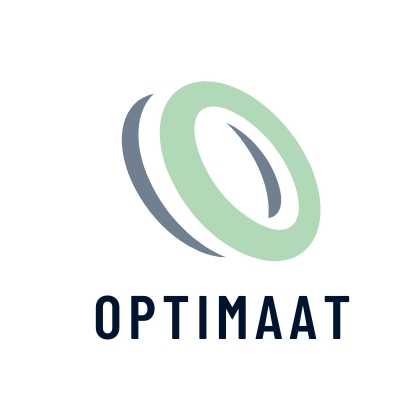Tax advice: maximizing your returns legally
Taxation can be a complex and daunting subject, but grasping the basics is essential for any business owner. Understanding terms like taxable income, deductions, credits, and allowances will empower you to make informed decisions.
Expenses such as home office costs, travel, and education can often be deducted to reduce taxable income. It's crucial to know what's deductible in your specific industry and region.
Your tax bracket determines the rate at which your income is taxed. Strategic financial decisions can be made to minimize the amount of income falling into higher tax brackets.
Strategic Tax Planning
Effective tax planning aligns with your business goals. Consider the tax implications of major business decisions and plan accordingly to optimize your tax position.
Retirement accounts not only secure your future but can also offer immediate tax benefits. Contributions to certain retirement plans may be tax-deductible or grow tax-free.
Investing in tax-efficient vehicles can significantly reduce your tax liability over time. Understanding the tax treatment of different investment types is key.
Record-Keeping and Documentation
Meticulous record-keeping is non-negotiable. Accurate and organized records ensure you can substantiate deductions and credits in the event of an audit.
Proper documentation supports claims for deductions and credits, potentially saving significant amounts of money at tax time.
Utilizing Tax Credits and Incentives
Tax credits directly reduce your tax bill. Familiarize yourself with the credits available for SMEs and entrepreneurs, such as those for research and development or green initiatives.
Claiming tax credits can be complex. Ensure you meet the criteria and maintain the necessary documentation to support your claim.
Legal Tax Reduction Strategies
Income splitting involves distributing income among several family members or legal entities to fall within lower tax brackets. This strategy must be used carefully to remain within legal boundaries.
Charitable giving can yield tax benefits. Donations to qualified organizations may be deductible, reducing your taxable income.
Deferring income to the next tax year can be beneficial if it will be taxed at a lower rate. This requires careful planning and timing.
Seeking Professional Tax Advice
Tax advisors can provide invaluable guidance tailored to your business's unique circumstances, helping to navigate complex tax laws and maximize returns.
Consulting with a tax professional is advisable when dealing with complicated tax situations, significant changes in your business, or when you're unsure about tax planning strategies.






Comments (0)